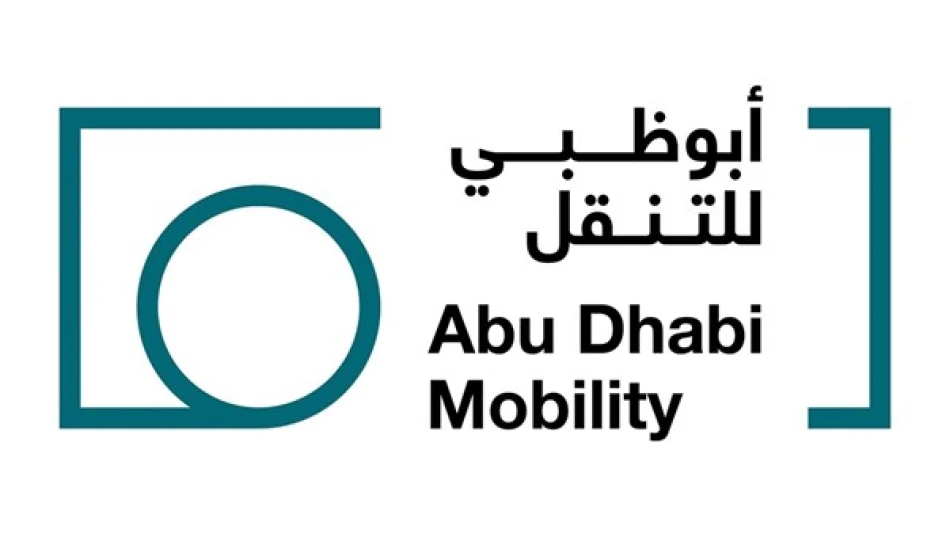
Streamlining Traffic Flow: New Vehicle Control System Deployed at Sheikh Zayed Road Entrances
Abu Dhabi Pioneers Middle East's First Smart Traffic Control System on Sheikh Zayed Street
Abu Dhabi has launched the region's first intelligent ramp metering system to regulate vehicle flow on major entry points to Sheikh Zayed bin Sultan Street, marking a significant leap in the emirate's smart city infrastructure and positioning it as a regional leader in traffic management innovation.
What Is Ramp Metering and Why Does It Matter?
The Integrated Transport Centre (Abu Dhabi Mobility) has activated this cutting-edge traffic control technology, which uses automated signals to regulate the rate at which vehicles enter highways from on-ramps. By controlling the timing and frequency of vehicle merging, the system prevents bottlenecks and maintains optimal traffic flow on one of Abu Dhabi's most critical arterial roads.
This technology represents more than just traffic lights on ramps—it's a sophisticated system that uses real-time data to adjust signal timing based on current traffic conditions, weather, and peak usage patterns.
Strategic Significance for Abu Dhabi's Vision 2071
Economic Impact on Business Districts
Sheikh Zayed bin Sultan Street serves as a vital corridor connecting Abu Dhabi's central business district with residential areas and industrial zones. Improved traffic flow directly translates to reduced commute times, lower fuel consumption, and increased productivity for the thousands of professionals who traverse this route daily.
For businesses operating along this corridor, smoother traffic means more reliable delivery schedules and reduced logistics costs—factors that enhance Abu Dhabi's competitiveness as a regional business hub.
Technology Leadership in the Gulf
By implementing the Middle East's first ramp metering system, Abu Dhabi reinforces its position alongside Dubai as a technology pioneer in the Gulf region. This move aligns with the UAE's broader strategy to become a global leader in smart city solutions, competing directly with established tech hubs like Singapore and Amsterdam, which have successfully deployed similar systems.
Global Context: Learning from International Success Stories
Ramp metering has proven highly effective in major metropolitan areas worldwide. Los Angeles saw traffic throughput improvements of up to 25% after implementing comprehensive ramp metering, while Minneapolis reduced travel times by an average of 22% during peak hours.
Singapore's Electronic Road Pricing system, combined with intelligent traffic management, has made it one of the world's most efficient urban transport networks. Abu Dhabi's adoption of ramp metering suggests the emirate is following a similar data-driven approach to urban mobility.
Investment and Infrastructure Implications
This deployment signals Abu Dhabi's commitment to substantial infrastructure investment beyond traditional road expansion. Rather than building more lanes—an expensive and often temporary solution—the emirate is investing in intelligent systems that maximize existing infrastructure capacity.
For urban planning investors and smart city technology companies, Abu Dhabi's embrace of advanced traffic management creates opportunities for similar deployments across other Gulf cities, potentially establishing the emirate as a testing ground for Middle East-adapted transportation technologies.
What This Means for Residents and Future Development
The immediate benefit for Abu Dhabi residents is reduced congestion and more predictable commute times. However, the broader implications extend to urban livability and environmental impact. Smoother traffic flow typically reduces emissions and fuel consumption, supporting the UAE's net-zero commitments.
The system's success will likely influence transportation planning across the UAE's other emirates, potentially accelerating the adoption of intelligent transportation systems throughout the region. As Abu Dhabi continues to attract international businesses and residents, efficient traffic management becomes increasingly critical to maintaining its competitive edge as a global city.
Most Viewed News

 Layla Al Mansoori
Layla Al Mansoori






